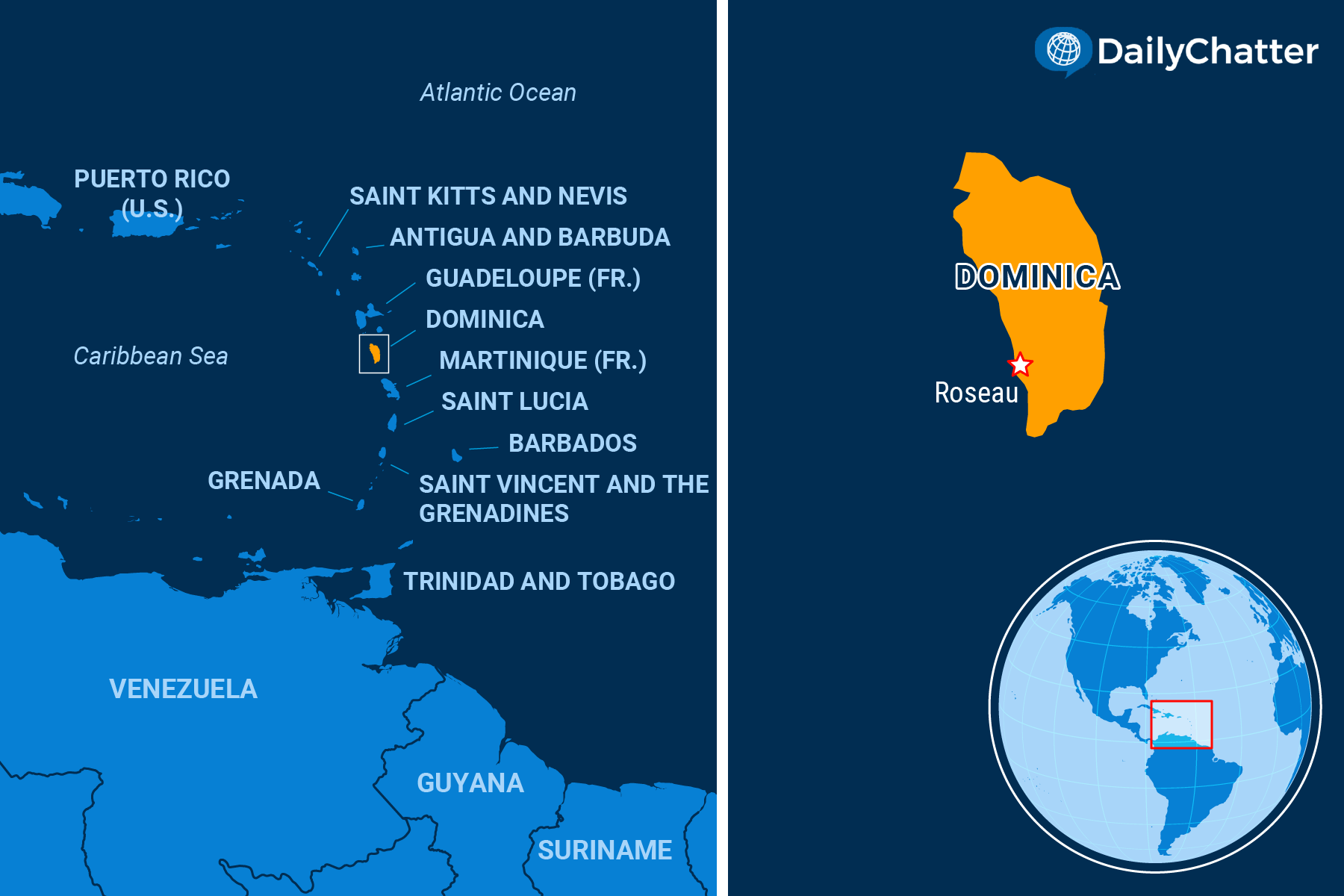The World Briefly
November 16, 2023A Little Shelter
Dominica

|
Listen to Today's Edition
|
The Caribbean nation of Dominica will create the world’s first marine protected area for sperm whales, a move scientists say will help in the conservation of the endangered species, which in turn will help save the planet, the Associated Press reported.
This week, the government announced it will designate a nearly 300-square-mile zone on the waters located on the western side of the island nation as a reserve for the whales, which have the largest brains in the world and can grow up to 50 feet. This area is already an important nursing and feeding ground for the cetaceans.
Officials added that the protected region will permit sustainable artisanal finishing and delineate an international shipping lane to prevent ships from hitting the cetaceans. An officer and an observer will also monitor the area and ensure that whale tourism regulations are enforced.
Scientists and conservationists welcomed the decision, while noting the important contribution sperm whales offer in fighting climate change.
Sperm whales defecate near the ocean surface, releasing nutrient-rich feces that lead to plankton blooms. This process helps capture carbon dioxide from the atmosphere, transporting it to the ocean floor when the plankton dies.
Around 500 sperm whales inhabit the waters around Dominica, forming part of a localized population that moves along the Lesser Antilles chain.
Shane Gero, a whale biologist leading the Dominica Sperm Whale Project, explained how sperm whales are a matrilineal society, with young males leaving and changing oceans during their lives. Protecting the species is crucial, especially given the potential impact on their numbers if fewer female calves are born, as sperm whales can only produce a single calf every five to seven years.
Threats to their survival include collisions with ships, entanglement in fishing gear, and exposure to agricultural runoff. That’s in addition to whaling having already significantly reduced their population, with only around 800,000 sperm whales remaining worldwide, added Gero.
Not already a subscriber?
If you would like to receive DailyChatter directly to your inbox each morning, subscribe below with a free two-week trial.
Support journalism that’s independent, non-partisan, and fair.
If you are a student or faculty with a valid school email, you can sign up for a FREE student subscription or faculty subscription.
Questions? Write to us at hello@dailychatter.com.

